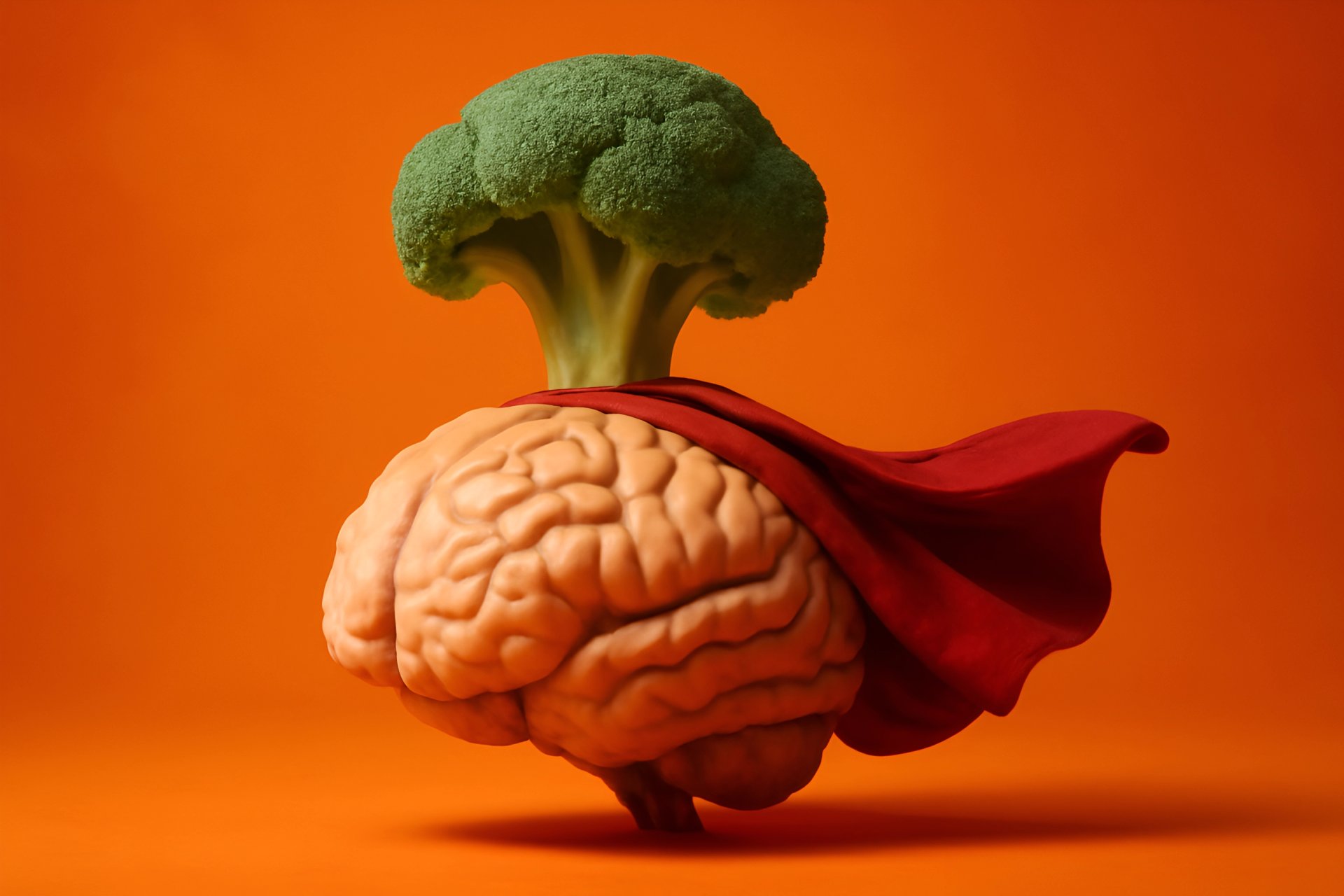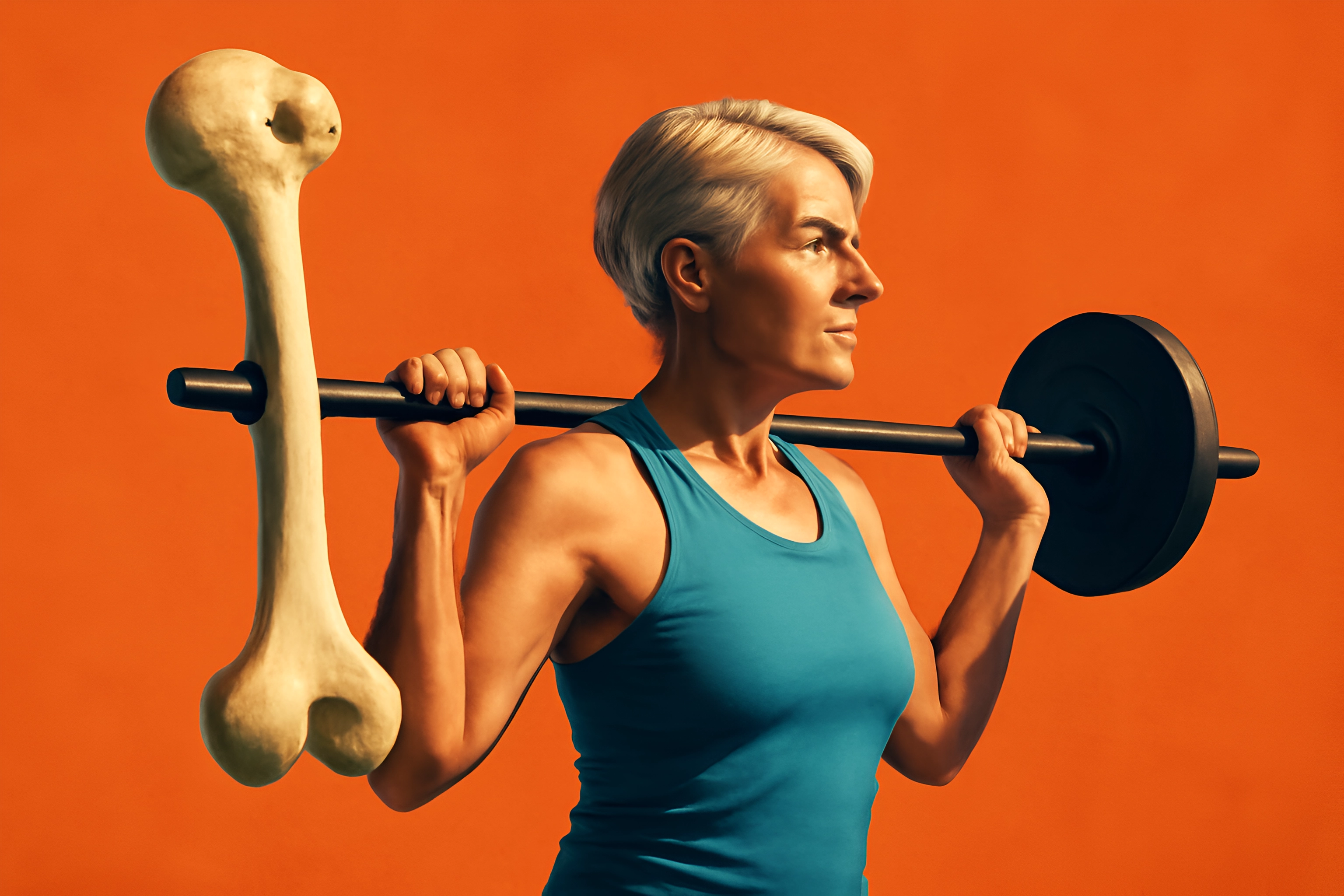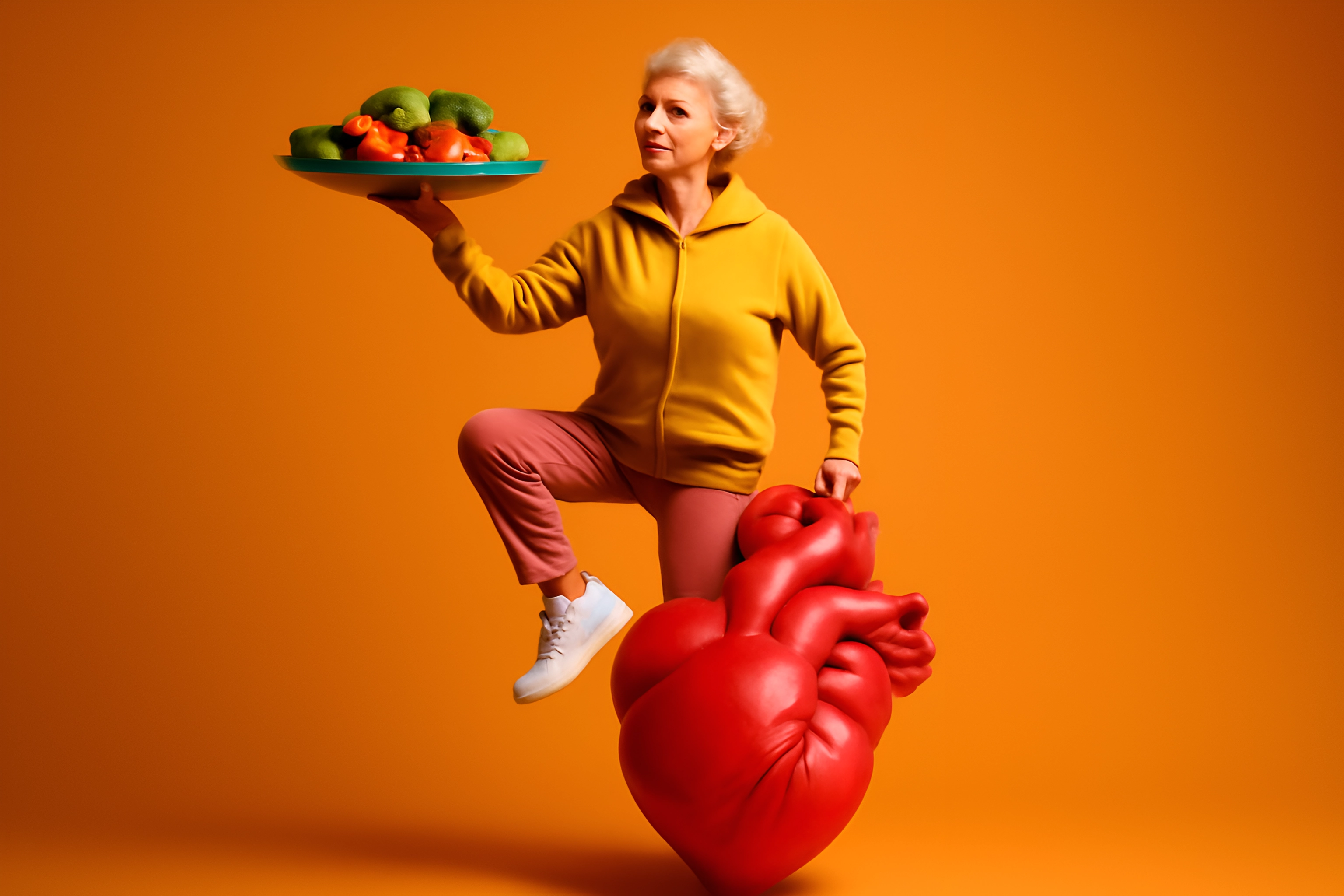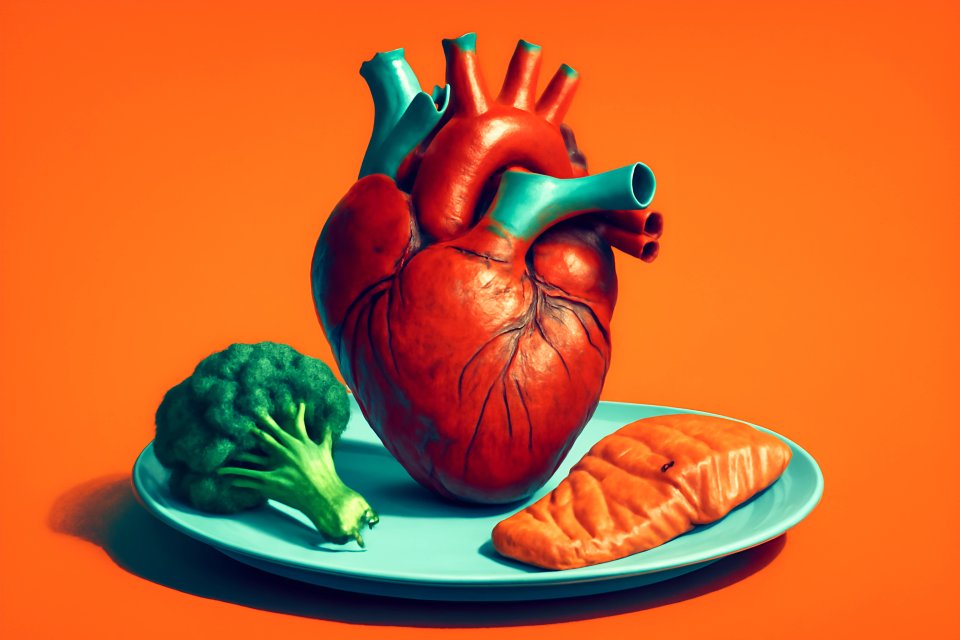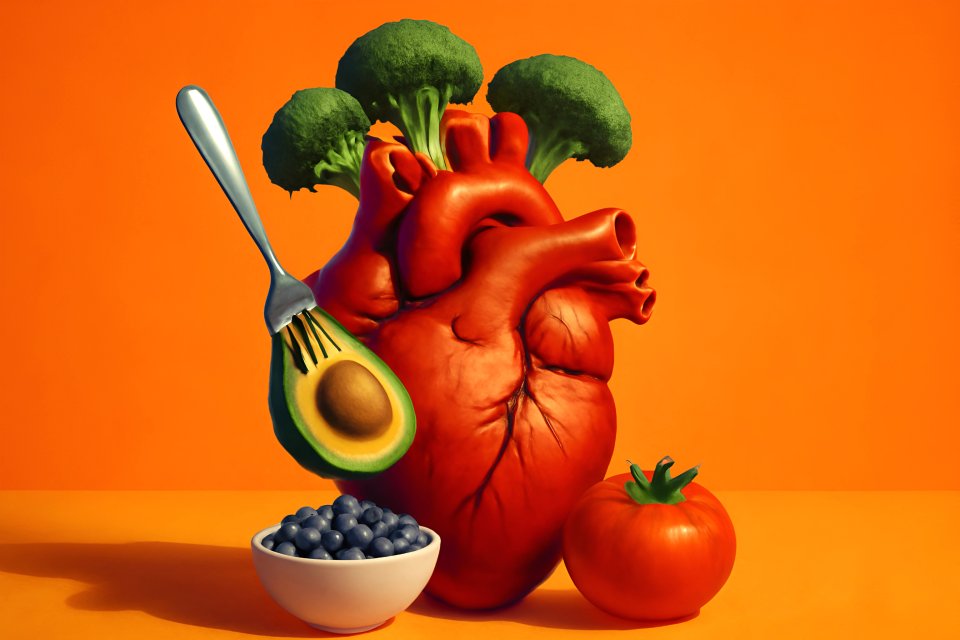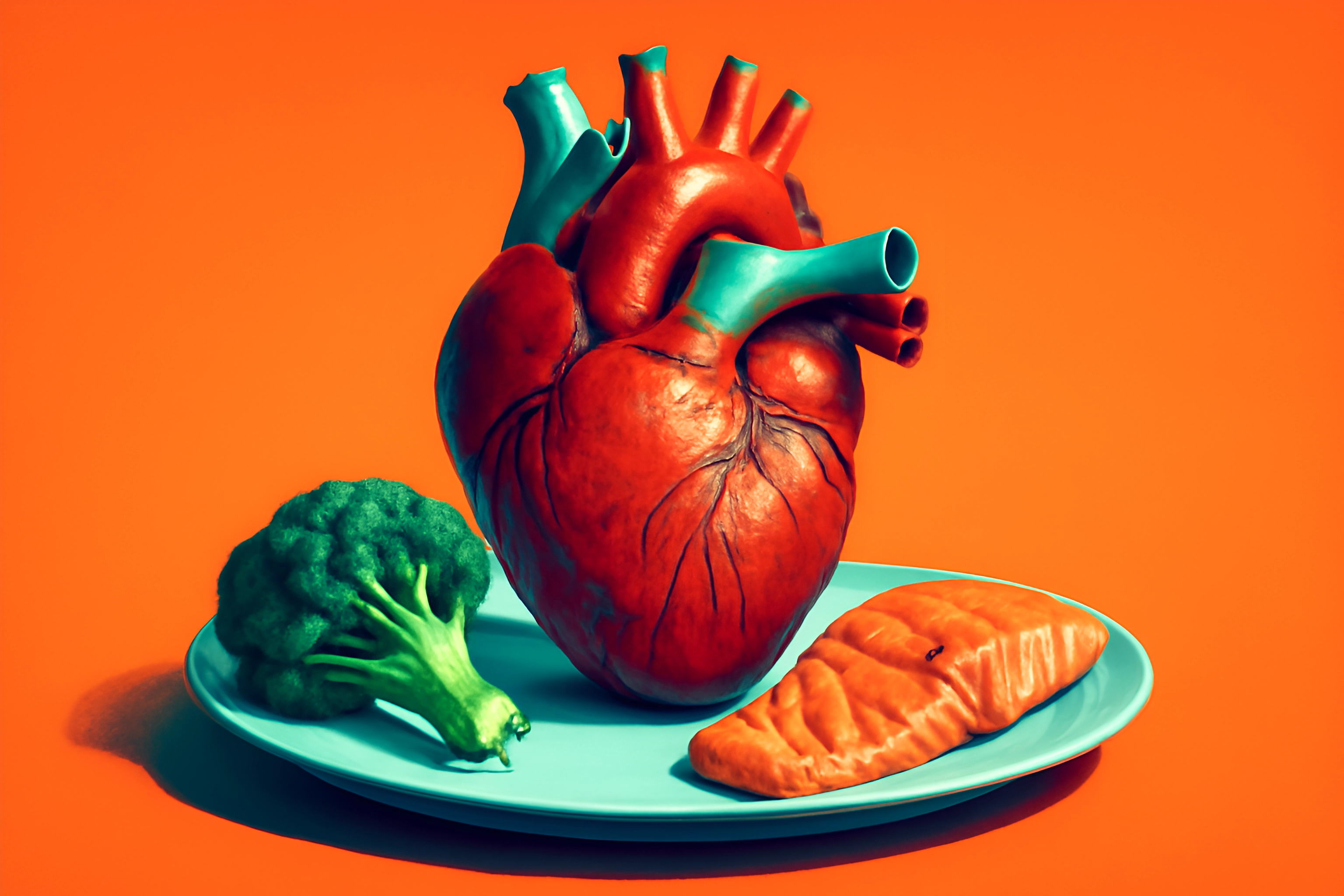
Crossing the 50-year milestone brings wisdom, freedom, and a renewed focus on what truly matters—our health. And at the center of it all is a strong, happy heart. It’s the engine that powers our adventures, our relationships, and our ability to live each day to the absolute fullest.
But let's be honest. When you hear the term "heart-healthy," what comes to mind? Steamed, unseasoned vegetables? Dry, boring chicken? It’s a common misconception that taking care of your heart means sacrificing flavor and enjoyment at the dinner table.
Forget deprivation. This guide is packed with delicious and nutrient-dense dinner ideas for heart health after 50 that you'll actually look forward to eating. We'll explore satisfying recipes, smart cooking strategies, and simple swaps to nourish your body for the vibrant years ahead. This isn't about restriction; it's about taking command of your health with every delicious bite.
Why Your Dinner Plate is Your Heart's Best Friend After 50
Your body is an incredible machine, but like any high-performance engine, its needs change over time. After 50, your cardiovascular system requires a more targeted approach to nutrition to keep it running smoothly. This is the time to focus on managing blood pressure, keeping cholesterol in check, and taming inflammation before it becomes a problem.
But what does your heart really need to thrive? It comes down to a few key power players on your plate. These are the nutrients that work tirelessly behind the scenes to protect and strengthen your most vital organ. Think of them as your personal, internal security team, dedicated to your long-term well-being.
The science is clear: specific nutrients have a profound impact. Omega-3 fatty acids are famous for their potent anti-inflammatory effects, which are crucial for keeping arteries healthy. Potassium is essential to help manage blood pressure, with studies showing that optimal intake can reduce stroke risk by a staggering 24%. Magnesium, a mineral that up to 80% of adults over 70 may be deficient in, is critical for maintaining a steady, strong heartbeat. And we can't forget fiber, the unsung hero that can help lower your cholesterol by as much as 15%, and lean protein, which keeps your muscles strong and your metabolism humming.
3 Delicious Dinner Recipes for Cardiovascular Health
Ready to get cooking? Here are three of our favorite nutritious dinners over 50, designed for maximum flavor and heart benefits. These aren't just recipes; they are blueprints for a stronger, healthier you. Say goodbye to bland and hello to bold, beautiful food that loves you back.
Lemon-Herb Baked Salmon with Roasted Asparagus & Quinoa
Imagine a perfectly flaky salmon fillet, glistening with lemon and herbs, resting next to vibrant green asparagus and a fluffy bed of quinoa. This isn't just a pretty plate; it's one of the most powerful heart healthy meals for seniors you can make. It’s a testament to the fact that simple, whole foods can be incredibly satisfying.
Why It's a Heart-Healthy Powerhouse
This meal is a triple-threat for cardiovascular wellness. The salmon delivers a massive dose of those anti-inflammatory Omega-3s, with a single serving often exceeding the entire weekly recommendation. The asparagus is rich in potassium and folate, while the quinoa provides high-quality plant protein and a wealth of fiber to support healthy cholesterol levels and digestion.
Simple Ingredients List
- 1 (6-ounce) wild-caught salmon fillet
- 1 cup asparagus spears, trimmed
- 1/2 cup cooked quinoa
- 1 tbsp extra-virgin olive oil, divided
- 1 tbsp fresh lemon juice
- 1 tsp fresh dill, chopped (or 1/2 tsp dried)
- Salt-free herb seasoning and black pepper to tasteStep-by-Step Instructions
Preheat your oven to 400°F (200°C). On a baking sheet, toss the asparagus with half of the olive oil and a pinch of pepper. In a small bowl, mix the remaining olive oil, lemon juice, and dill. Place the salmon on the baking sheet, brush it with the lemon-herb mixture, and bake for 12-15 minutes, or until the salmon is cooked through and the asparagus is tender-crisp. Serve the salmon and asparagus over the bed of warm quinoa.
Nutritional Spotlight
- Approx. Calories: ~450 kcal
- Key Nutrients: A single 100g serving of salmon provides over 2,200 mg of Omega-3s, which research shows can decrease cardiac mortality risk by 25-45%. This meal is also high in protein, fiber, and magnesium.
Mediterranean Chicken with a Colorful Bell Pepper & Chickpea Sauté
Let's transport your kitchen to the sunny shores of the Mediterranean, where food is a celebration of life and longevity. This vibrant sauté is a perfect example of the Mediterranean diet, often considered the gold standard for heart health. It’s a feast for the eyes and a powerhouse of protection for your heart.
Why It's a Heart-Healthy Powerhouse
This dish is built on a foundation of lean protein from the chicken, which is essential for maintaining muscle mass as we age. The chickpeas and bell peppers are loaded with fiber and antioxidants, particularly Vitamin C, which supports the health of your blood vessels. The entire dish is brought together with extra-virgin olive oil, a source of monounsaturated fats that are famous for their heart-protective qualities.
Simple Ingredients List
- 1 (4-ounce) skinless, boneless chicken breast, diced
- 1/2 cup canned chickpeas, rinsed and drained
- 1 cup sliced bell peppers (a mix of red, yellow, and orange)
- 1 tbsp extra-virgin olive oil
- 1 clove garlic, minced
- 1 tsp dried oregano
- A squeeze of fresh lemon juiceStep-by-Step Instructions
Heat the olive oil in a skillet over medium-high heat. Add the diced chicken and cook until golden and cooked through. Add the minced garlic and sliced bell peppers, cooking for another 3-5 minutes until the peppers are tender-crisp. Stir in the chickpeas and oregano, and cook for 1-2 minutes until everything is heated through. Finish with a squeeze of fresh lemon juice before serving.
Nutritional Spotlight
- Approx. Calories: ~400 kcal
- Key Nutrients: This meal is packed with over 30g of high-quality lean protein and is an excellent source of fiber and Vitamin C. It’s naturally low in sodium, a key factor in managing blood pressure.
Hearty Black Bean & Sweet Potato Chili (Plant-Based)
Who says heart-healthy can't be hearty and comforting? This plant-based chili is proof that you can have a deeply satisfying, rib-sticking meal that is also incredibly good for you. It’s the perfect dinner for a cool evening when you crave something warm, nourishing, and full of flavor.
Why It's a Heart-Healthy Powerhouse
This chili is a fiber superstar. A single cup of black beans contains nearly 15 grams of fiber, which is instrumental in managing cholesterol and blood sugar. The sweet potatoes are bursting with potassium and beta-carotene, while the tomatoes provide lycopene, a powerful antioxidant. Topping it with avocado adds a dose of creamy, heart-healthy monounsaturated fats.
Simple Ingredients List
- 1 medium sweet potato, peeled and diced
- 1 (15-ounce) can black beans, rinsed and drained
- 1 (15-ounce) can diced tomatoes, no salt added
- 1/2 onion, chopped
- 1 tbsp chili powder
- 1 tsp cumin
- 1/4 cup vegetable broth
- Optional Garnish: Sliced avocado, cilantroStep-by-Step Instructions
In a large pot or Dutch oven, sauté the onion and sweet potato over medium heat until the onion is soft, about 5 minutes. Add the chili powder and cumin and stir for 30 seconds until fragrant. Add the black beans, diced tomatoes, and vegetable broth. Bring to a simmer, then reduce the heat, cover, and cook for 20-25 minutes, or until the sweet potatoes are tender. Serve hot, garnished with avocado and cilantro if desired.
Nutritional Spotlight
- Approx. Calories: ~350 kcal (without toppings)
- Key Nutrients: This meal is exceptionally high in fiber and potassium. The combination of beans and sweet potatoes provides a complete plant-based protein and nearly 50% of your daily fiber needs, making it a fantastic choice for overall cardiovascular wellness.
Smart Strategies for Sustainable Heart-Healthy Eating
Knowing what to cook is one thing; making it a consistent part of your life is another. The key to long-term success isn't perfection, it's strategy. These simple, practical tips will help you build healthy habits that stick, without adding stress to your life.
Meal Planning Made Simple
The secret to effortless healthy eating is planning ahead. The "cook once, eat twice" method is a game-changer; simply double one of these dinner recipes to have a delicious, ready-made lunch for the next day. This simple trick has been shown to reduce per-meal preparation time by up to 40%. You can also dedicate an hour on Sunday to chopping vegetables or cooking a batch of quinoa, which makes weeknight dinners come together in minutes. For even more guidance, you can learn how to incorporate these recipes into a complete weekly meal plan for sustained heart health.
Smart Swaps for a Healthier Heart
You don't need to overhaul your entire pantry. Small, strategic swaps can make a huge difference over time. Instead of using butter for cooking, switch to heart-healthy oils like olive or avocado oil. Instead of white rice or pasta, upgrade to fiber-rich whole grains like quinoa, brown rice, or farro. And instead of reaching for the salt shaker, boost flavor with a world of herbs, spices, citrus juice, and vinegar. These simple changes are some of the easiest ways to build a heart-healthy diet.
Heart-Healthy on a Budget
Eating well doesn't have to be expensive. In fact, some of the most heart-healthy foods are also the most affordable. Don't shy away from the freezer aisle; frozen fruits and vegetables are just as nutritious as fresh and often cost 30-40% less. Buying dried beans, lentils, and whole grains in bulk is another fantastic way to save money. And don't forget about canned fish like salmon and tuna (packed in water), which offer an affordable and convenient source of those all-important Omega-3s.
Conclusion: Nourish Your Heart, Fuel Your Life
Eating for your heart after 50 is not about what you have to give up. It's about everything you stand to gain: more energy, more strength, more confidence, and more vibrant years to spend doing what you love. Every delicious, nutrient-dense meal is a direct investment in your vitality and your future.
This is your time. It's time to move beyond the myth of bland, boring "health food" and embrace a way of eating that is both deeply nourishing and incredibly enjoyable. Remember, every meal is an opportunity to take command of your health. It's not about restriction; it's about celebrating what your body can do and fueling it for the adventures ahead.
What is your go-to heart-healthy dinner? Share your favorite tips and recipes in the comments below to inspire the FitOverFifty community!



